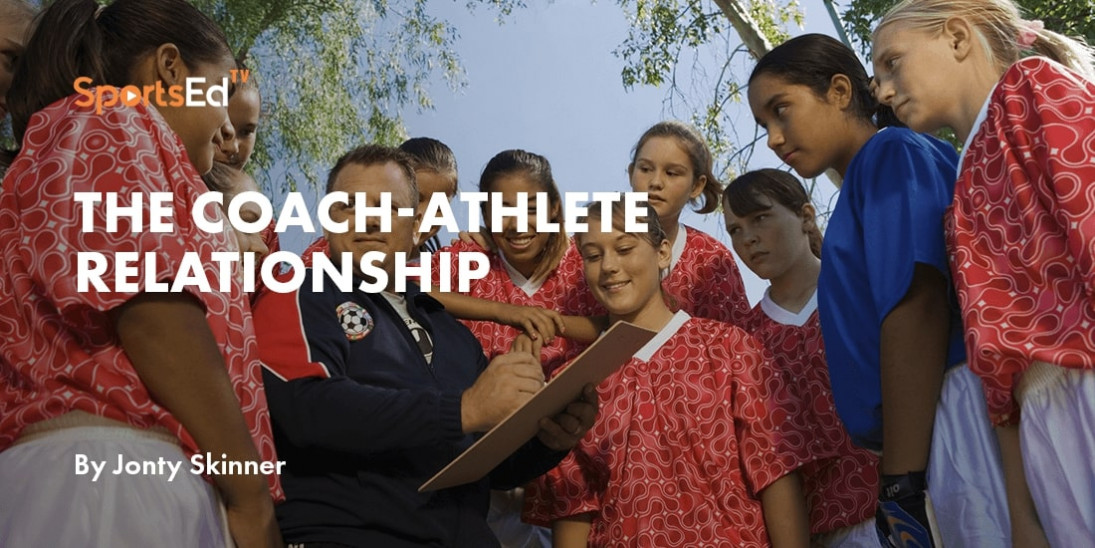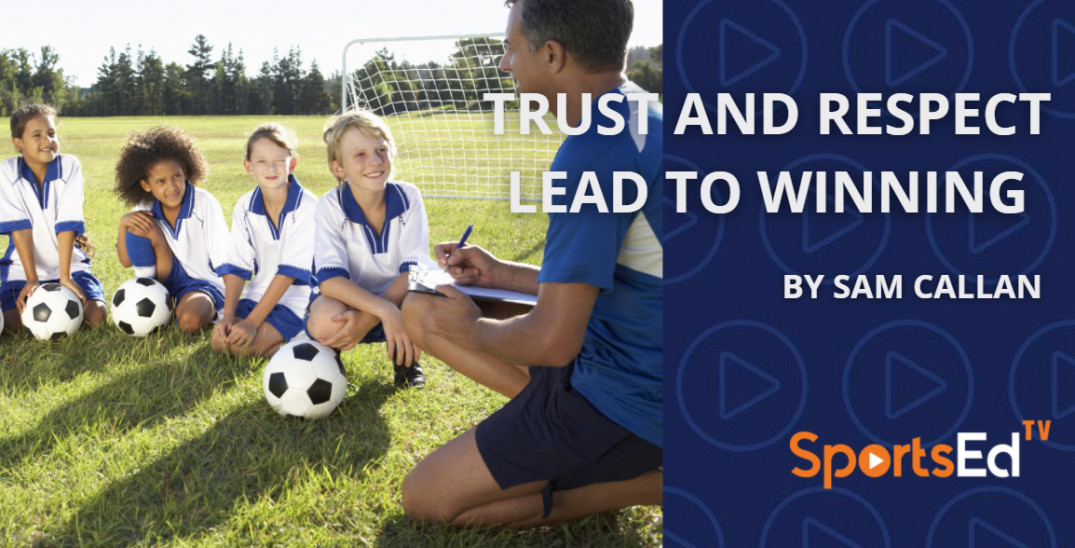Mental Health, Swimming
Welcome and thanks for visiting...

MAKING A BELIEVER OUT OF YOURSELF

This is a standard question I ask of people or groups I present this concept to… “who is your worst enemy?” I’ve had some interesting replies, but everyone knows that they themselves are their own biggest critic. There is no real problem with constant self-evaluation, however it topples over into an issue when your opinion about yourself is slanted heavily towards the negative side. Unfortunately, the majority of people walking the planet only see the worst in themselves and very rarely look for ways to dampen that self-deprecating inner voice that undermines all positive thought. This really struck home a few years ago when I asked my wife Carol Ann to recognize the kind of person she is. Before I can share that moment, I need to share a little bit about her. She is a genuine laugh out loud, caring, hundred percent kind of person. There are no fences, sidelines or gray areas since she is “all in” on whatever she puts her mind to. She donates most her time to valuable causes and never finds a conflict or an excuse when a friend is looking for help. She is also prone to running into complete strangers and offering to help them in any way she can, and we now have our family and along with that, an extended family that consists of random people or families she’s met and invited into our home. She is without a doubt a wonderful human being and someone you’d enjoy having in your life.
Back to the story. We were having a quiet introspective moment one day when it suddenly dawned on me that Carol Ann didn’t think she was a wonderful person. There wasn’t anything specific that unearthed that shocking thought, but having surveyed it, I acted on it. I reached over and took her face in my hands, asked her to look me in the eye and say these exact words… “I am a wonderful person.” Her initial expression was one of befuddlement. I could see in her eyes that she started to ask herself why I was asking her to do that. The befuddlement evolved in a look of mild torment when it dawned on her that I was asking her to make a declaration about who she was. If you’re thinking that this took some time, you’re correct. From posed question to the dawning fear of saying something good about herself took a good five seconds. As she struggled with the thought of having to say those words, she eventually started to round her shoulders, dropped her head and it all decayed into muffled sobs. She couldn’t get any words out at all. Truth be told, I wasn’t expecting her reaction, and to hide my shock, I just held her forehead to my forehead and let her be at that time. The next day I found the time and the place and asked her to repeat the same phrase. This time she was fully aware of the turmoil it had caused her the day before and had some sense of what it all meant. The scrunched-up eyebrows returned, but after a long struggle with her inner emotions she was finally able to get it out through unsmiling eyes and gritted teeth. Regardless of the delivery, I gave her a huge smile, and said YES YOU ARE, you ARE a wonderful person. It took asking for her to repeat the statement on five different occasions before her reply was an immediate huge smile and a genuine “I am a wonderful person” declaration. There is no question that my prompting had unearthed some wounds that needed dressing, and in her own time she was finally able to sort that out and admit to what I saw in her. The question in my mind remains, how does a wonderful person not know that they are a wonderful person, and what can we do on an everyday basis to ensure that we make a believer out of ourselves. More than that, what can you as coaches do to help young athletes make believers out of who they are.
An interesting ongoing debate is the one that discusses whether we are a product of nature or nurture. Regardless of your position, we all arrive with some baggage via epigenetics and in many cases that baggage can have life altering consequences. The point I’m trying to make here is simply this, what can coaches do to create an environment that helps young athletes understand how to offload and or deal with accumulated baggage and see themselves in a better light.
The list things can be lengthy, but in this article, I will address two main areas:
- Teach them the skills needed to understand the value of intrinsic reward or positive self-talk.
- Make sure that they know how to tell themselves that they are an AWESOME person.
#1 Teach them how to themselves.
Swimmers are the worst at missing opportunities to recognize a win for themselves. Because athletes tend to dote on the negative, they’re weak at recognizing the positive. More than that, most of them have no idea of the importance of learning how to say WELL DONE in their own mind. When they learn how to recognize a win, it’s important that they involve emotion when they say well done in their head. Not a quiet well done, but… a VERY LOUD internal WELL DONE with a huge inner smile. They have to allow that warm vibration flow into their stomach, and in their mind relish in their win. The key in all of this is the fact that if you attach emotion to an event, the brain takes it seriously and takes it onboard. If you simply catalog a win with a shallow level of indifference, the brain will ignore it and move on. As I’ve said many times, we are training the brain to execute our racing dreams, and any chance we get to help the brain understand what is good we have to reinforce that message in a way that makes it take notice. Emotion more than anything makes it pay attention. The other plus about making sure kids use intrinsic (internal) reward, is that it also supports the cognitive thinking minds belief in their skills and abilities. The more adept they are at reinforcing wins in practice, the more confident they will be when they step on the blocks. Since the brain is all about expectation on race day, raising that expectation level through positive self-talk in practice will go a long way to helping your athletes be successful. The key component in coaching should be putting kids into environments where they can see wins, and then making sure that they acknowledge those wins the right way. If they are vigilant with regards to NEVER missing an opportunity to enjoy a win, then there is no doubt that over time, you will be surrounded by swimmers who are unafraid to fail when trying to achieve greater heights in their sport. Their confidence levels will grow and your ability to develop them will be enhanced. I’ll take it one step further, as coaches YOU need to reward yourselves when you do a great job as a coach. We are all evolving in this world, and to develop into the kind of coach I hope you want to be, then you as much as anyone needs to practice this same process every chance you get. Give your swimmers a big smile when they walk in the pool, well done coach. Do a great job saying the right things to a swimmer, well done coach. Helping a swimmer see something new in a positive tough love situation, well done coach. Ask a swimmer their opinion and then congratulate them with a smile on their astute answer, well done coach. Rewarded good behavior cultivates more good behavior and before long, everyone in the program is enjoying the heck out of being there. You spend the extra time at the end of practice to generate positive interaction with your swimmers and although you are done emotionally, you go home with a big smile on your face. WELL DONE COACH! If I go back to my initial thought at the beginning, I always ask people this question. How many times in the last few days have they been actively engaged in offsetting their internal bully. In most cases no one raises their hand. As a culture we can talk about external bullying all we want, but it’s the internal bully that needs our direct attention before we’re able to move forward in life. I can expand the time frame out to a week or a month and I still see people struggling to come up with examples in their own mind. Of all the answers I have heard when presenting this topic to swimmers was the little twelve-year-old boy who said he was proud of himself for standing up to a bully to protect his friend. That warmed my heart because he’d acted the right way, and more than that, he was proud of himself for standing up for his friend. The fact is that we can gain pride from simple acts or actions. You don’t have to be at practice to find ways of feeling better about who you are and what you stand for. Simply smiling at everyone you see will make you feel better about yourself. You could be in the grocery store and go out of your way to inquire if someone needs help with something; help them, and them walk away saying well done for helping them. People like to say, “I did my good deed for the day.” In many cases they say it like it’s some kind of cultural burden we’re all encumbered with. Truth is that we should be looking for ways to share our lives in a positive way. If you LET good deeds help you feel good about who you are, then go out of your way to help the world around you. Everyone wins!
#2 Develop the ability to tell yourself that you’re awesome.
I’ve given this talk to athletes and adults and it doesn’t matter what age group I’m dealing with… they both react the same way. I ask them “who they see when you brush your teeth at night?” I see a few smiles because they all know it’s themselves, but some are unwilling to feel good about this. What I ask of them is simply this. When you finish brushing those pearly whites, I want you to look at yourself in the mirror and with a genuine smile on your face, say this phrase… “I’m an AWESOME person.” When I demonstrate this act to them, I watch the body language and the eyes in the audience, and all I see are people squirming at the thought of saying that. They’re already uncomfortable even considering it. So, I take it one step further, I ask them to pair up, form two lines and suggest that we take the time right then to practice making that statement. There are a few hesitant steps, but no one moves because they just don’t want to deal with it. It takes some prodding, but I eventually get them into two lines, each with a partner facing each other. I then calm things down and I ask one line to make the statement when they are ready and ask their partner to make an honest evaluation of how genuine they were. If I have twenty people in the room, I usually get about three or four who are recognized as being genuine. Even when people understand the underlying logic of what they are trying to do, they aren’t very comfortable at making that statement in a genuine way. There is no question that happy people are far more productive than indifferent or sad people, and we all know that self-image is the lynch pin to success, so why aren’t we working on improving our self-image every single day? At this point I throw down a challenge to anyone who reads this article. Do this every night for a week, and you will feel a little different about who you are. Do this every night for a month, and you will change who you are. Your friends will notice something different about you and wonder what you’ve done to be so much happier. It might take a few weeks of literally faking it before you begin to believe it, but the truth is that by telling yourself that you’re an awesome person on a daily basis, you will change how you see yourself in everything you do.
With coaches I’d ask that you finish every day with brushing your teeth and giving yourself a huge smile and say “I’m an awesome coach.” That might sound weird to do, but I promise you that it changed my life as a coach, and in time I began to carry that belief into everyday coaching. This didn’t have anything to do with the X’s and O’s of our sport, it had everything to do with valuing how I treated my athletes on a daily basis. There is no question that coaches are always working on upgrading their institutional knowledge of athlete adaptation, but I’m not sure how many see upgrading how they see themselves as a person or as a coach enters into their ongoing development. The true bottom line in coaching is do we want to cultivate athletes in a positive nurturing environment or do we prefer to hold them accountable to our dreams and or standards. We all talk about tough love and how much it’s needed at times to help athletes see things, but do we need tough love 247365. I think it’s a valid question you have to ask yourself as a coach; am I someone who loves to nurture, or do I prefer to push my athletes to new heights using a heavy handed approach. If you are a nurturer what makes you that way and what really speaks to you when you fill that role. If you are a tough love coach, why are you that way and what in your mind makes you feel that being that kind of coach makes the difference for your athletes. If you fall somewhere inside that spectrum that employs a combination of nurture and a little tough love when it’s helpful, then fully understand how to wield tough love the right way when it’s needed. All I would ask of you as a coach is to fully understand your critical role in the development of young people. Recognize that some styles can be uplifting to both athlete and coach and some styles can be borderline bullying that does nothing for the athletes living in fear in that system. When you come to grips with the fact that we already bully ourselves, do athletes really need another voice or attitude that makes them feel marginalized and inadequate? If you’re shaking your head no, I’m right there with you. As a profession I’d ask that coaches become more aware of the internal battle that all athletes face, and to do everything in their power to not only offset that internal bully, but to help young people become the best they can be in their life.





